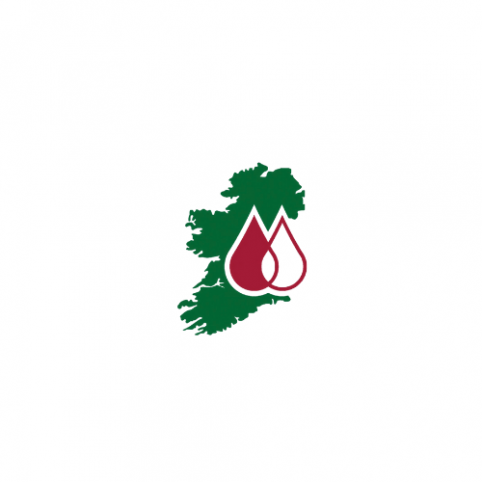We all know that sweets are bad for our teeth but the saddest stories I hear are from people sitting in my dental chair who have made huge efforts to clean their teeth and tell me they don\’t drink coca cola and are often puzzled after choosing so called healthy options in their diet – unknowingly causing huge cavities or thinning of the enamel on their teeth by choosing the wrong drinks. Until recently, we thought the \’bad\’ drinks were those such as Coke and Pepsi, while orange juice was an easy way to get one of our \’five a day\’. But, a single serving of so-called healthy fruit juice has been found to contain the same amount of sugar as three-and-a-half doughnuts or 13 hobnob biscuits.
So have the goalposts shifted again? We hear so often nowadays experts are warning that sugary drinks in any form are largely to blame for our ballooning waistlines and the decay in our teeth, but why is orange juice, for example, so bad? The key issue is a lack of fibre. When we eat fruit in its natural state for example an apple or an orange or a pear in a snack box then the fibre forms a protective layer that acts as a barrier which slows absorption of sugar. But in fizzy drinks, fruit juices and smoothies, the fructose without the associated fibre increases the blood sugar rapidly, decays the teeth and the acidity of the fruit or fizz also thins the enamel on the teeth.
Dental Decay is preventable and we know the culprits are sugar and plaque so lets see which drinks are rotting our teeth if we are not careful:
ORANGE JUICE
500ml of freshly squeezed Orange Juice contains 229 calories and 51g sugar. It is acidic and contains more calories than a can of coke.
Sugar equivalent: 13 hobnob biscuits
BOTTLE OF RIBENA
500ml blackcurrant ribena contains 215 calories and 52.6g sugar and contains more calories than a can of coke.
Sugar Equivalent: 13 oreo biscuits
STARBURST Strawberry Flavour
This kids favourite contains 288 CALORIES AND 42G SUGAR and is as sugary as a can of coke despite deceptive marketing as a school friendly healthy drink it contains the same amont of sugar as 11 hob nob biscuits.
250ml Innocent SMOOTHIE: Pomegranate Blueberry Superfood
This not so innocent smoothie contains 34g sugar and more sugar per ml than coca cola. The fibre has been so heavily pulped during the processing that the full sugar load is absorbed by the body.
500ml LUCOZADE SPORT elite orange (195 calories and 40g sugar)
We know that sports drinks are supposed to contain sugar to replace what is lost through sweat after vigorous exercise and this one contains 40 percent more for big match day giving you a bigger sugar hit than a can of coke.
Burger King Large Chocolate Milkshake (contains 612 calories and 102 g sugar)
This is officially the highest sugar content drink in Ireland and the only one to break the 100g sugar barrier to boot (20 teaspoons)
Sugar equivalent: One whole strawberry cheesecake (serves 4)
TOP TIP:
It doesn\’t matter if it’s juice or coke, concentrated sugar is bad for your teeth full stop and should always be drunk through a straw and limited to meal times where it does less damage because there is more saliva around to protect the teeth. A great idea is to chew sugar free gum after a sugary or fizzy drink as this will stimulate saliva, which has a protective role for the teeth and helps to repair and remineralise some of the damage done by the acids. Certainly after drinking anything acidic then it is always best to wait at least half an hour before brushing your teeth, as the teeth need time to repair and remineralise before giving them a good scrub with a toothbrush.
Dental Health and Haemophilia!
If you have haemophilia it is even more important to visit your dentist and hygienist once a year, so that you can get your teeth checked out and prevent problems from escalating. Nowadays small holes in the teeth can be monitored, reversed or filled by your dentist or hygienist without requirement for factor replacement or specialist treatment.
Can I visit my local dentist?
If you or your child has haemophilia you can attend a normal family dentist for check ups, sealants and most fillings and cosmetic treatment including braces, cleaning of the teeth, and tooth whitening. Always tell your dentist that you have haemophilia and ask your treatment centre for a letter to take to your dentist informing them which treatments are safe to receive.
What do I do if I need a tooth out?
Nowadays it is very safe to have a tooth extracted safely and without the worry of bleeding with the use of a variety of modern local and systemic haemostatic measures which may include factor replacement, tablets and mouthwash and other materials which the dentists uses locally. However, always contact your local treatment centre for advice about how to proceed even if you have a mild or borderline bleeding disorder.
Dr. Alison Dougall
